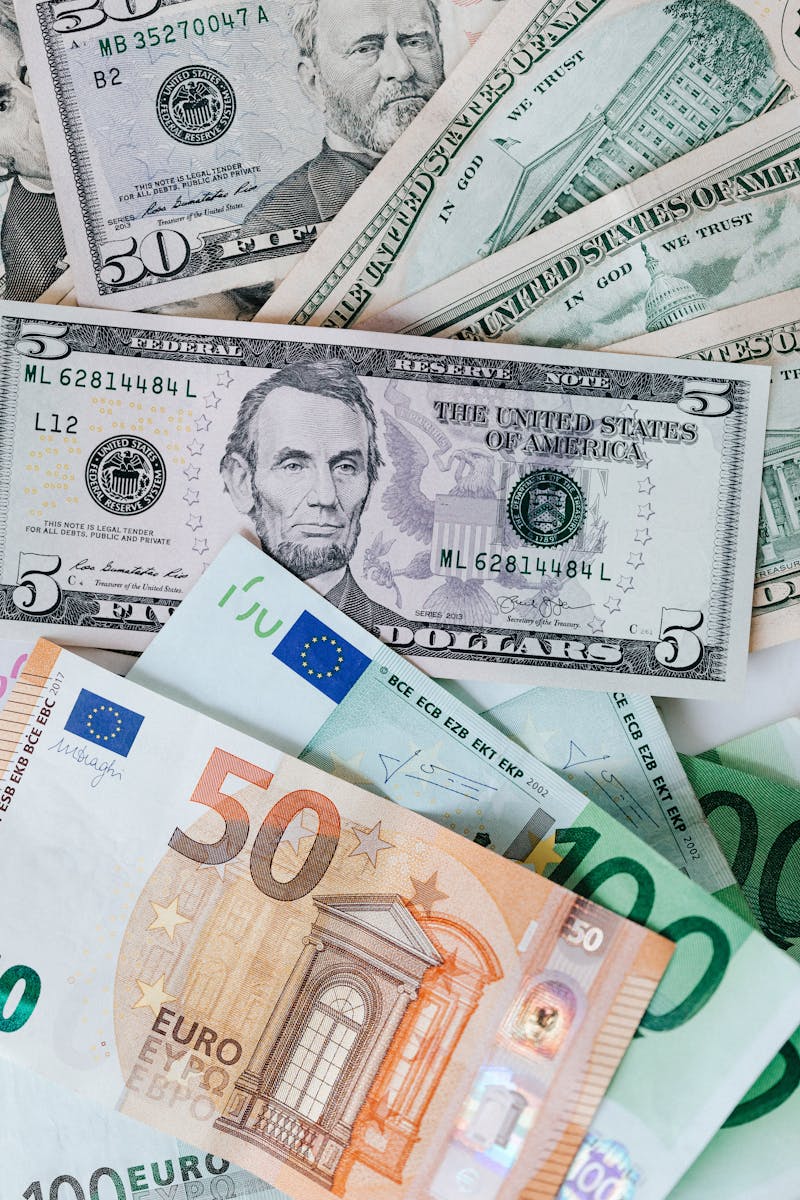An emergency fund is a dedicated amount of money set aside to cover unexpected expenses or financial emergencies, such as:
- Sudden medical expenses
- Major car repairs
- Unexpected home repairs
- Job loss or reduced income
- Unplanned travel for family emergencies
Having an emergency fund provides peace of mind and financial security. It prevents you from relying on high-interest debt like credit cards when unexpected expenses arise, which can save you money in the long run.
